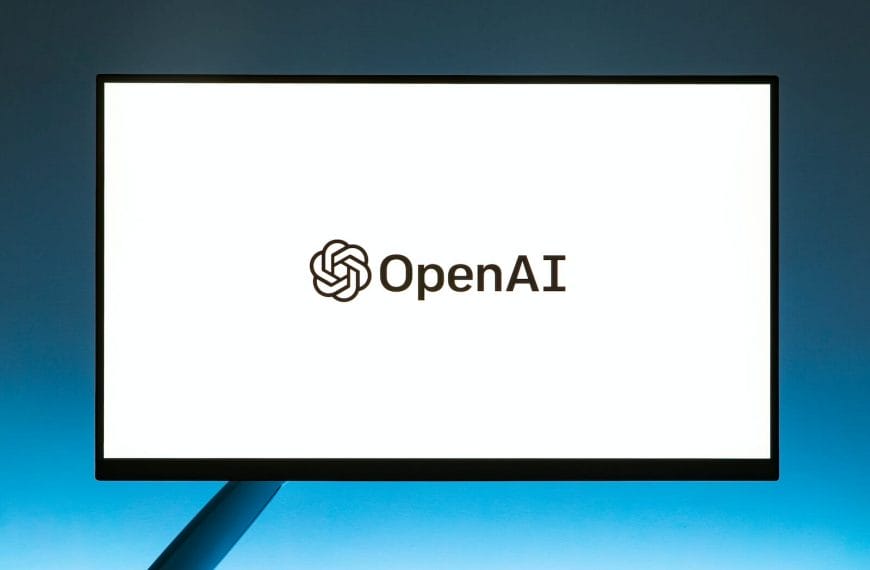The emergence of artificial intelligence (AI) technologies like machine learning and natural language processing is transforming many industries, including the legal profession. As AI capabilities advance, legal practitioners are increasingly adopting these tools to streamline workflows and provide services more efficiently. However, the use of AI within the justice system raises profound ethical implications that the legal community must carefully consider.
This article will examine some of the key ethical issues surrounding the integration of artificial intelligence into legal services and judicial decision-making.
Should AI Be Allowed To Make Legal Judgments?
One major debate is whether AI systems should be permitted to make substantive legal judgments in place of human judges and lawyers. Algorithms can analyze huge volumes of case law and legal materials to generate decisions, judgments, and predictive analytics. However, many argue that only human legal experts have the proper training in legal reasoning and ethics to make sound judicial determinations.
An over-reliance on AI may erode human accountability and reduce the law to algorithmic models optimized purely for efficiency rather than justice.
On the other hand, proponents contend that incorporating AI can make certain legal services more consistent and accessible. Algorithms are not subject to human biases or fatigue, potentially leading to more equitable and uniform judgments. AI can also expand access to legal assistance for underserved communities.
But even if AI is limited to assisting rather than replacing lawyers and judges, ethical concerns around diminishing human discretion and oversight remain. More dialogue is needed to determine where to draw the line between humans and machines in legal decision-making.
Risks of Algorithmic Bias
The use of AI algorithms in legal contexts also raises concerns about embedded biases. AI systems rely on the data they are trained on, which means they can perpetuate and amplify existing prejudices if the data reflects historical injustices and discrimination.
For example, risk assessment algorithms used in bail and sentencing decisions have exhibited racial and gender bias, leading to harsher predictions for minority defendants.
While data scientists can work to identify and mitigate sources of bias, preventing discrimination completely is an enormous challenge. Transparency around the development and functionality of legal AI tools is critical so that biases can be audited. But current laws do not necessarily mandate transparency or accountability for legal tech vendors.
Calls are growing for regulations to address algorithmic bias in legal AI by requiring things like open testing, audits, and explanatory documentation for any system assisting in judicial determinations.
Threats to Due Process Rights
Some civil rights advocates warn that introducing AI too extensively in the justice system could undermine human due process rights. Defendants have a right to have their case heard by an impartial judge and to confront witnesses and evidence against them. But complex self-learning algorithms used to predict case outcomes or recommend sentences operate as opaque “black boxes” that even their programmers may not fully understand.
Over-reliance on AI verdicts could infringe on defendants’ rights to due process if the AI’s reasoning cannot be adequately explained or challenged on cross-examination.
More clarity is needed around issues like whether defendants can demand access to legal AI training data or algorithms as part of their right to review the evidence. Calls are emerging for the right to transparency, explanation, and human oversight over all AI used in the justice system. Standards must be established to preserve constitutional due process rights as legal AI advances.
Eroding Legal Expertise
Some experts worry about the over-automation of legal services diminishing human expertise. Offloading tasks like legal research, document review, and basic contract analysis to algorithms may free up attorneys for more complex work. However, it could also cause skills like case law analysis to atrophy.
Over time, overreliance on legal AI may erode the proficiency of human legal professionals.
Preserving expertise will require establishing clear boundaries between the roles of humans and AI. Responsibilities that demand skills like strategic legal thinking, advocacy, negotiation, and ethical reasoning should remain human domains. Focusing emerging legal tech on augmenting rather than replacing lawyers will help maintain expertise. But deciding where to draw those lines will be an ongoing challenge.
Justice System Authority and Legitimacy
Some philosophical and jurisprudential scholars argue that relying too heavily on legal AI could undermine the authority of the justice system itself. Courts and legal processes derive legitimacy from societal faith in human legal officials as neutral arbiters, guided by ethics and bound by professional duties.
The law may lose its legitimacy if proceedings and judgments become dominated by unexplainable algorithmic models rather than demonstrations of human reasoning grounded in precedent and law.
Overuse of legal AI that leads citizens to view court rulings as inscrutable algorithmic outputs rather than the product of sound legal analysis could erode public trust in the system. To maintain legitimacy, the role of AI should be limited to assisting knowledgeable human legal experts uphold their duties. Ethical frameworks are needed to ensure AI does not delegitimize the law by displacing human discernment and responsibility.
Unequal Access to Legal AI
The development and adoption of legal AI systems raises concerns about unequal access as well. Legal tech developers and large law firms will likely have earlier and greater access to emerging AI capabilities. They may gain competitive advantages from AI efficiency and insights that small firms and legal aid groups cannot afford. This could widen gaps in the quality or efficiency of legal services.
Policy measures should aim to democratize access to legal AI tools where appropriate. Governments also have a duty to ensure public legal services and courts serving disadvantaged groups are not technologically outmatched by private firms wielding new AI. With thoughtful policies, legal AI could actually help expand access by making some legal help affordable for underserved groups. But disparities must be considered.
Professional Codes of Conduct
Some argue that new ethical codes are needed to help the legal profession navigate these AI impacts responsibly. Legal groups like bar associations should update their standards of conduct to better align with emerging technologies. For example, standards could be added requiring attorneys oversee and validate any AI they integrate into services.
Rules of professional conduct should also give guidance on issues like lawyers’ duties when legal AI could infringe on due process or introduce bias. Clarifying these ethical obligations can help the legal community adopt AI conscientiously and spark important discussions.
Moving Forward Ethically
Artificial intelligence offers transformative opportunities for improving legal services and judicial systems. However, integrating AI also introduces many ethical dilemmas surrounding issues of accountability, rights, access, and legitimacy. There are no perfect solutions, but through thoughtful debates, regulations, and professional codes, the legal system can ethically assimilate AI.
Lawmakers and legal practitioners have an opportunity to implement AI judiciously and maintain public trust. With sound ethics and policies guiding its development, legal AI can expand access to quality legal services and help uphold the principles of justice.













